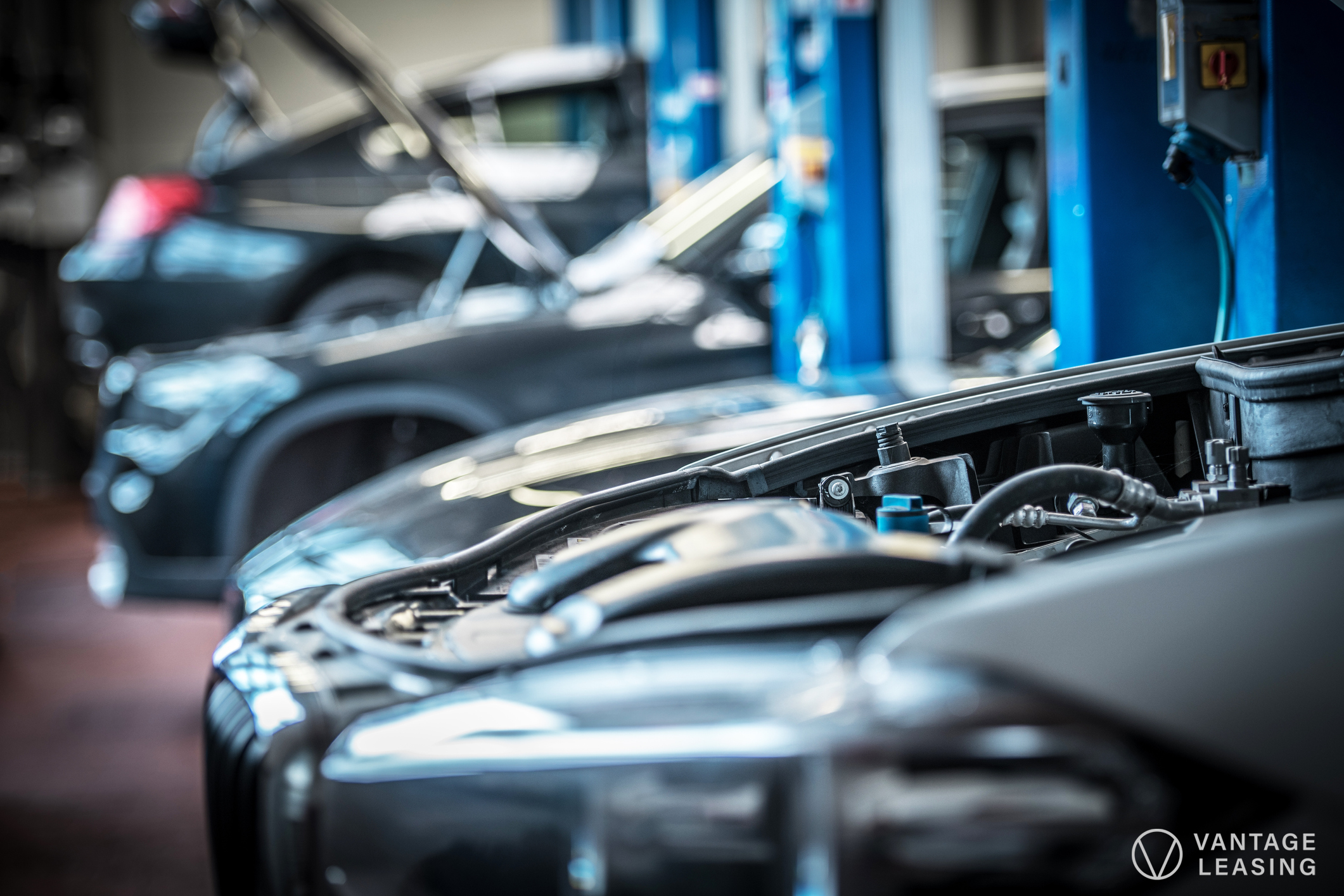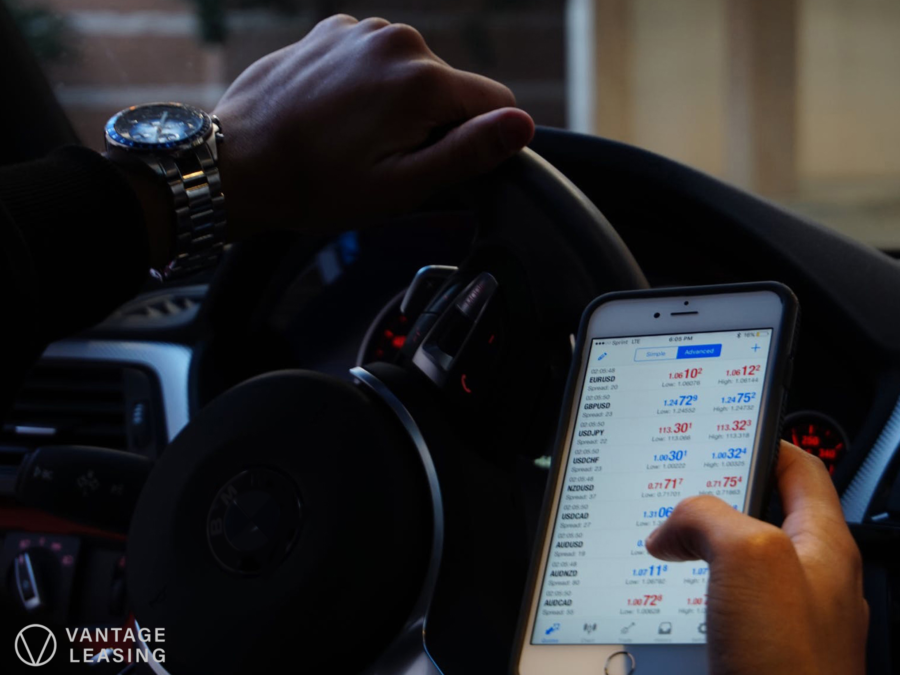Vantage Leasing has produced a new report which has revealed that the cost of buying, owning and running a car has soared since the Brexit referendum in June 2016.
The research of various car ownership costs hints that the political uncertainty and a weakened pound have played their part in causing key motoring costs to rise even higher than the rate of inflation, with average vehicle ownership costs up by 9.3% compared to 7.3% overall (CPIH).
And, as the country prepares to leave the European Union and the Single Market at the end of January 2020, further increases in motoring costs are a very real possibility.
The report shows showroom prices have rocketed since the UK voted to leave Europe, with the average cost of a new car shooting up by 12.3%, according to figures published by the Office for National Statistics (ONS) as part of its consumer price index.
As an example, in November 2016 the on-the-road price of the Vauxhall Corsa 1.4i (75PS) Design 5dr (one of the cheapest versions of one of the UK’s best-selling cars) was £12,480. In June 2019, the same model cost £14,025 – a 12.4% increase.
Automotive industry insiders argue that, faced with increased importing and raw material costs due to the falling value of the pound, manufacturers have raised list prices and reduced customer discounts to compensate.
Other key ownership costs have increased, too. Figures show that the average car insurance premium in Q3 2019 was £783 – a £46 (6.2%) increase over the average cost in Q3 2016.
Insurance costs
Item | Cost Q3 2016 | Cost Q3 2016 | Price increase | % increase |
Average car insurance cover | £737 | £783 | £46 | 6.20% |
Typical maintenance costs have also risen. The average cost of replacement car tyres has increased by 6.4% since July 2016, while the cost of spares and accessories has jumped by 8.7%. The cost of vehicle maintenance and repairs has jumped 9.2%.
New, used and maintenance
Item | Price index July 2016 | Price index Oct 2019 | % change (+ unless stated otherwise) |
New cars | 100.6 | 113 | 12.3% |
Used cars | 94.6 | 90.4 | -4.4% |
Vehicle maintenance and repairs | 101.5 | 110.8 | 9.2% |
Spare parts and accessories | 100.7 | 109.5 | 8.7% |
Car tyres | 97.3 | 103.5 | 6.4% |

In contrast to steadily climbing new car prices and maintenance, the cost of fuel has fluctuated since the referendum. The net result is still higher costs for drivers, however. In July 2016, the average price for a litre of premium unleaded petrol was £1.16. In October 2019, the average was £1.27 – a 9.2% increase.
Overall, this means that the cost of filling the 55-litre fuel tank of a medium-sized car from empty has risen by £6.05, from £63.80 to £69.85.
Diesel prices have risen even more sharply, increasing from £1.19 to £1.32 over the same period – an 11.1% jump. Those who run their car on super unleaded have paid the greatest price, with the cost of a litre rising from £1.24 in July 2016 to £1.39 in October 2019 – an 11.6% increase.
For drivers covering 12,000 miles a year in a car that returns 45mpg, the increase in fuel costs means that, at October 2019 prices, they will spend an extra £129 per year on premium unleaded. A diesel car returning the same fuel economy and covering the same mileage will cost owners £160 more per year than in July 2016, while those running their car on super unleaded will pay a hefty £175 more per year for fuel.
Fuel cost increases
Fuel type | Cost July 2016 | Cost Oct 2019 | % change (+) |
Premium unleaded | £1.16 | £1.27 (Oct) | 9.2% |
Super unleaded | £1.24 | £1.39 (Oct) | 11.6% |
Diesel | £1.19 | £1.32 (Oct) | 11.1% |
There is some good news for motorists; while new car prices have risen, used car prices have dropped, with data suggesting that the average second-hand car cost 4.4% less in October 2019 than in July 2016.
Brexit has potentially impacted more than just the motor industry – the cost of buying and running a car hasn’t risen as steeply as the cost of heat and power for our homes. Although energy prices have fallen in recent months, the long-term trend is upwards, with ONS figures showing a significant 14.1% rise in the cost of electricity, gas and other fuels since July 2016.
Household cost increase examples
Item | Price index July 2016 | Price index Oct 2019 | % change (+ unless stated otherwise) |
Household appliances, fittings and repairs | 99.7 | 109.4 | 9.7% |
Clothing and footwear | 96.1 | 105 | 9.3% |
Electricity gas and other fuels | 96.8 | 110.4 | 14.1% |
And, believe it or not, average wages have increased since the Brexit vote. Average weekly wages are rising at a higher rate than inflation, with a growth rate increasing from 2.5% in July 2016 to 3.6% in September 2019. The rate of inflation has increased from 0.9% to 1.5% over the same period.
“Since the Brexit referendum was held three and a half years ago, there has been a gradual but very tangible increase in the cost of running a car,” said James Buttrick, Marketing Manager of Vantage Leasing.
“With so much uncertainty around the details of the UK’s departure from the EU, the automotive industry has found itself one of the worst affected. It’s hard to see that getting any better for the industry or the motoring consumer as we finally head towards Brexit.”
Looking for a deal on your next vehicle?
Check out our special offers or give us a call on 0161 434 4321




